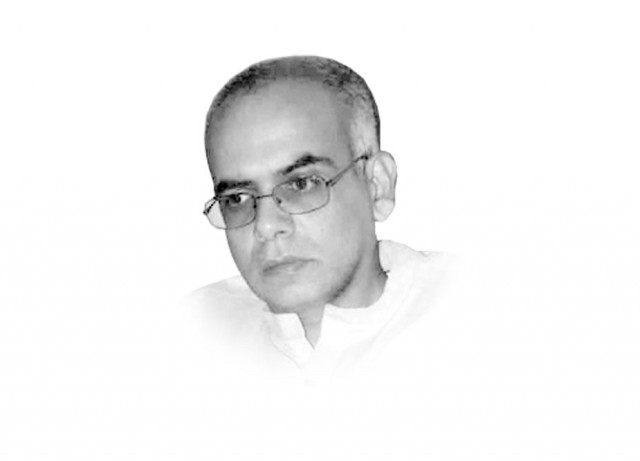The shrinking space for hijabi women in the West
Compelling women to remove the hijab would be as much an imposition as compelling them to don it

The writer is author of the book Development, Poverty and Power in Pakistan, available from Routledge
In all fairness, Montreal is a fairly multicultural city, which seems to have seamlessly integrated people from diverse cultures and religious backgrounds, including Muslims from diverse South Asian, North African and Middle Eastern countries. However, the province of Quebec, including Montreal, is in a unique position within the rest of Canada given its sovereignist aspirations based on a distinct Francophone identity within larger Anglophone Canada. Quebec is also more influenced by the ongoing debates in Europe, particularly France, about the need for preserving the secular identity of the state from overt expressions of religious identity. It was such sentiments that had enabled the right-wing Parti Quebecois (PQ), which was heading the provincial government until this past year, to introduce a proposed Charter of Quebec Values aiming to ban use of religious symbols for those holding government jobs in the run-up to the provincial elections this past year. While the proposed Charter of Quebec Values aimed to ban all religious symbols, forbidding Sikhs to wear turbans or Jews to wear a kippah if they worked in the public sector, the proposal was considered to have the most negative impact on Muslim women. This is because a much smaller proportion of orthodox Jews or religious Sikhs work in the public sector compared with hijabi Muslim women who work as government employees, including teachers or nurses, all across Quebec.
The attempt to introduce the Charter in Quebec was fiercely opposed by many civil rights groups in the province, including Muslim women themselves, who argued that their hijabs were not a sign of subjugation but rather an expression of identity based on the principle of freedom of choice. Compelling women to remove the hijab would be as much an imposition as compelling them to don it, as is the case in Muslim countries several of them have migrated from.
Although the PQ lost the last provincial election, and the threat of implementing the Charter was temporarily halted, many civil rights groups including Muslim women and activists fear that the Charter debate could reappear as a rallying point in a subsequent election, and also that the very introduction of the Charter debate had caused much divisiveness to the social cohesion of the multicultural fabric of Quebecois society. These fears were not unsubstantiated given the hike in discriminatory and derogatory remarks directed at Muslim women who wear the hijab, including several verbal assaults directed at them in public transport facilities and other public spaces. Recently, a judge in a Quebec court decided not to hear the case of a Muslim woman until she removed her hijab. The incident has sparked widespread discussion across Canada and especially in Quebec, about the legality of this decision. What is happening in Quebec is, however, not an isolated case. France and other Western societies have also become increasingly intolerant towards ‘visible’ Muslim women, who are easily identifiable due to their head covering. Such racism is unfortunate since it undermines the prospects of Muslim women integrating and becoming productive members within multicultural societies, while being able to exercise their freedom of expression, which Western societies claim to not only cherish but champion abroad.
Published in The Express Tribune, March 17th, 2015.
Like Opinion & Editorial on Facebook, follow @ETOpEd on Twitter to receive all updates on all our daily pieces.














COMMENTS
Comments are moderated and generally will be posted if they are on-topic and not abusive.
For more information, please see our Comments FAQ